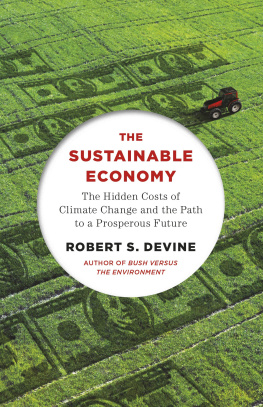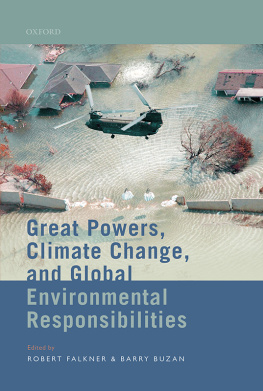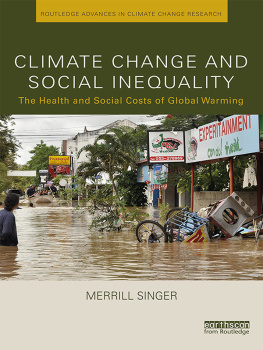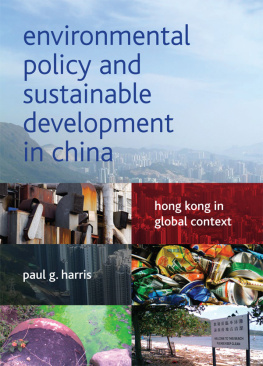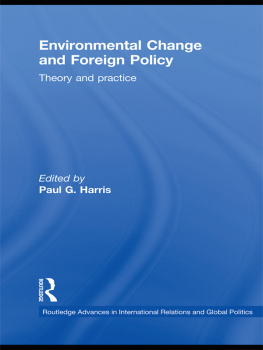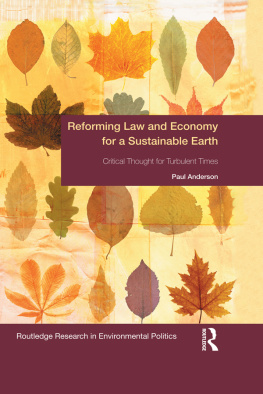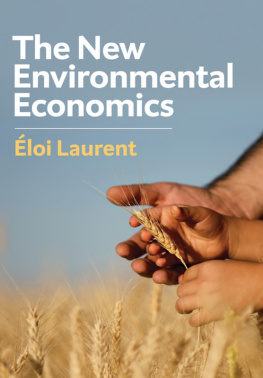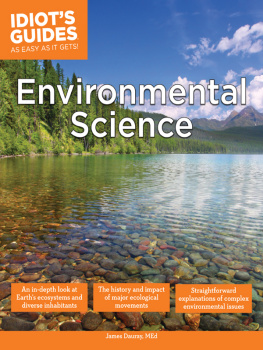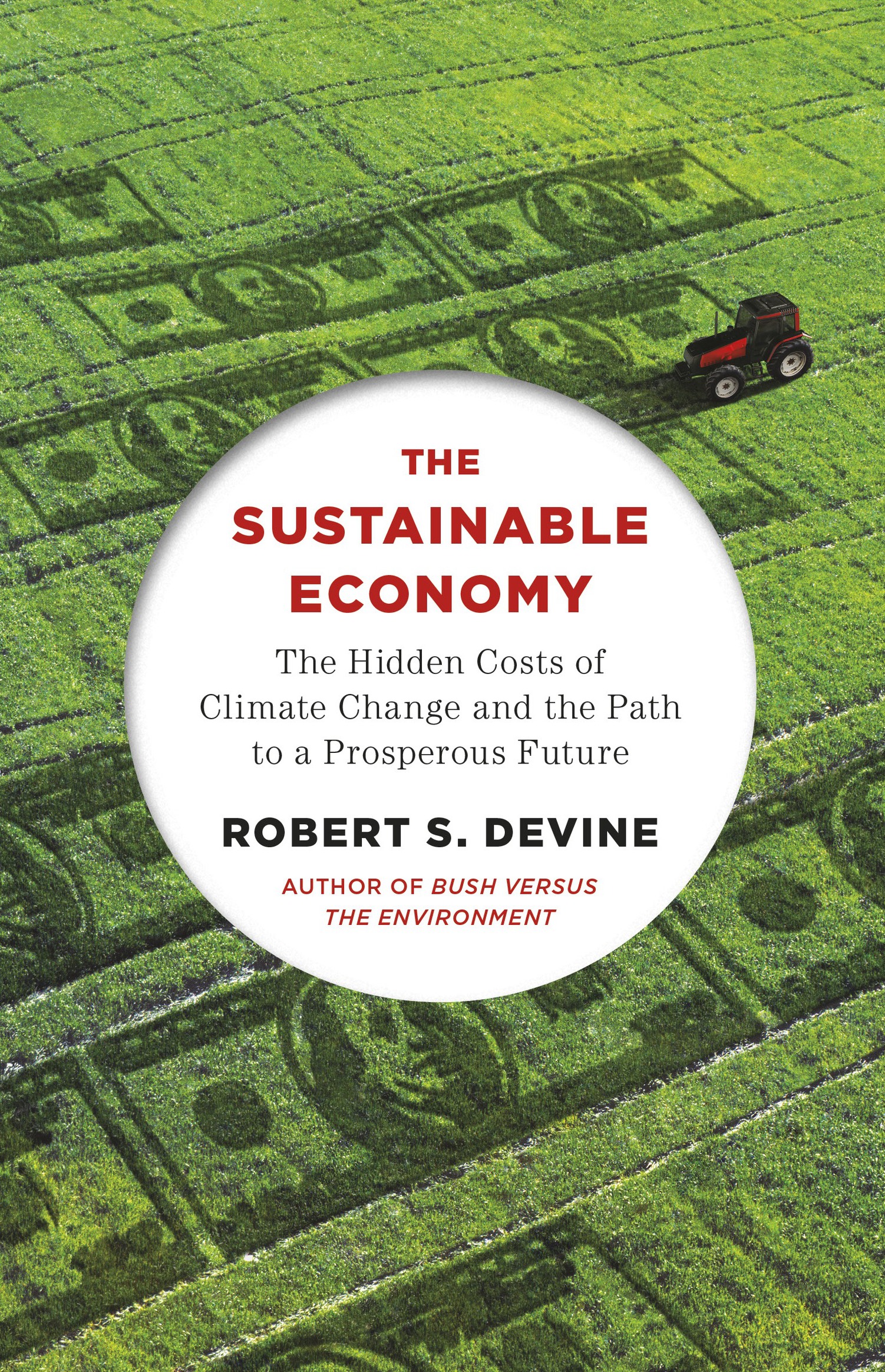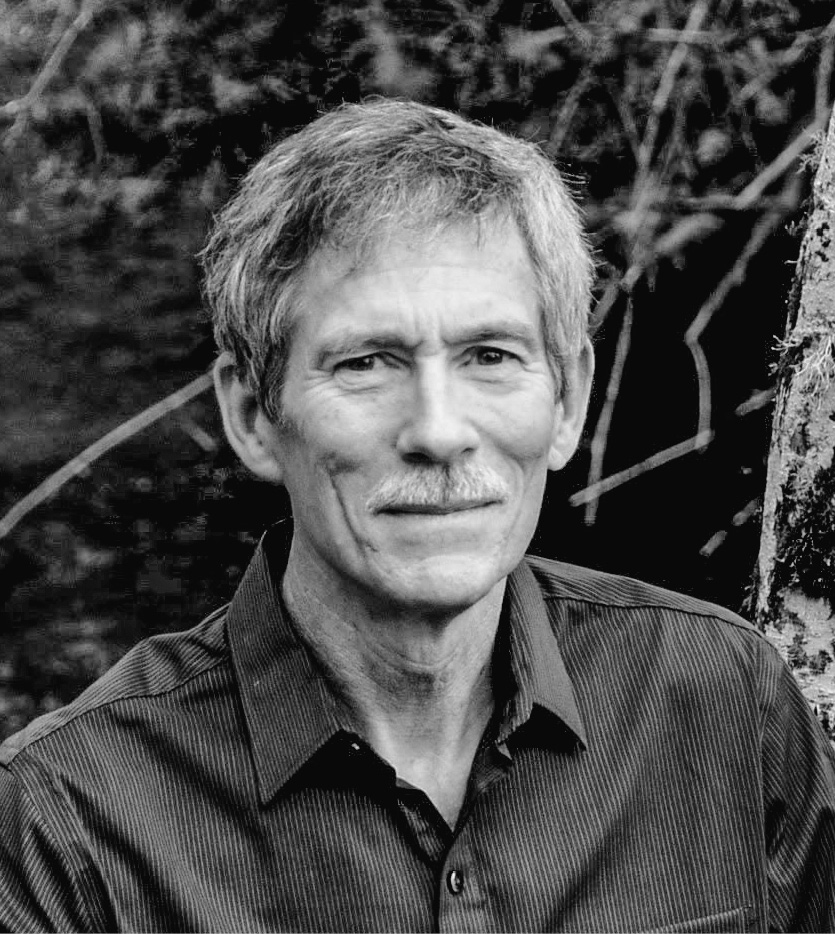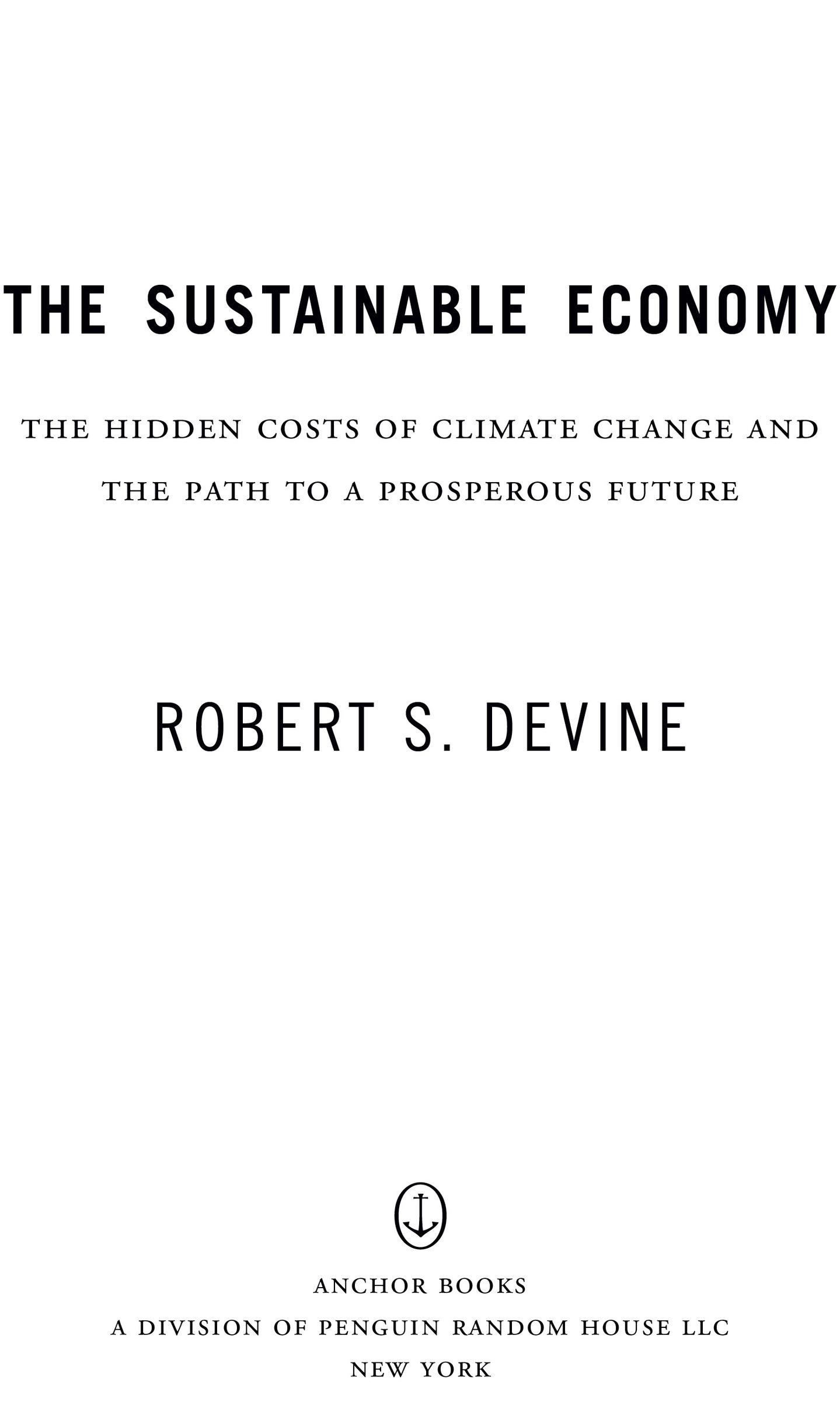ROBERT S. DEVINE
Robert S. Devine has been writing about the environment, politics, natural history, and the outdoors for decades. His books include Bush Versus the Environment, Alien Invasion: Americas Battle with Non-Native Animals and Plants, and more than ten books he has authored or coauthored for the National Geographic Society. His articles have appeared in dozens of publications, including The Atlantic, Audubon, and the Los Angeles Times. He lives on planet Earth, which he hopes will be a good place to live for all generations to come.
ALSO BY ROBERT S. DEVINE
Bush Versus the Environment
Alien Invasion: Americas Battle with Non-Native Animals and Plants
AN ANCHOR BOOKS ORIGINAL, OCTOBER 2020
Copyright 2020 by Robert S. Devine
All rights reserved. Published in the United States by Anchor Books, a division of Penguin Random House LLC, New York, and distributed in Canada by Penguin Random House Canada Limited, Toronto.
Anchor Books and colophon are registered trademarks of Penguin Random House LLC.
Library of Congress Cataloging-in-Publication Data
Names: Devine, Bob, 1951 author.
Title: The sustainable economy : the hidden costs of climate change and the path to a prosperous future / Robert S. Devine.
Description: New York : Anchor Books, 2020. | Includes bibliographical references and index.
Identifiers: LCCN 2019059208 | ISBN 9780307277176 (trade paperback)
Subjects: LCSH: Economic developmentUnited StatesHistory21st century. | Environmental policyUnited States. | Climatic changesEconomic aspectsUnited States. | Climatic changesUnited States.
Classification: LCC HC106.84 .D48 2020 | DDC 333.70973dc23
LC record available at https://lccn.loc.gov/2019059208
Anchor Books Trade Paperback ISBN9780307277176
Ebook ISBN9780593311172
Author photograph Trudy Ewing
Cover design by Drue Dixon
Cover photograph Alberto Incrocci/Getty Images
www.anchorbooks.com
ep_prh_5.6.0_c0_r0
To all the dedicated people who are working so hard to create a sustainable, just, and prosperous society. Given their efforts, I like our chances.
CONTENTS
INTRODUCTION
In this book well confront two scary subjects: climate change and economics. Im not sure which is scarier. The former involves an existential threat to civilization and the latter involves a lot of math. But not to worry. Importantly, Ill spare us from the math. More importantly, Ill explore some economic ideas that can spare us from much of the impact of climate change. Most importantly, these same ideas can help us reshape our economy to create a sustainable, just, and prosperous society that better aligns with our values.
Does this sound too good to be true? Well, note the presence of the word can in the last two sentences of the above paragraph. Not will but can. Yes, we can blunt the effects of global warming by making changes to our economic system that also can improve our society. But this will happen only if we, the people, make it happen. And Im not talking about our personal behavior, such as choosing to buy energy-efficient appliances, though such individual actions are important. Im talking about enough of us acting together to create systemic change, such that we have an economy that produces only energy-efficient appliances.
To begin this books journey, come with me for a moment to Central California. One October day a few years back I was driving along a back road in the San Joaquin Valley. Autumn be damned, the unblinking sun had propelled temperatures uncomfortably close to 100F. With the AC cranked high, I motored along a dusty gravel road past some droopy cotton fields and almond groves. Surprisingly, I also encountered acre upon acre of cracked, hard-baked dirt where crops had not been planted that yearsurprising because this valley arguably ranks as the most productive farming region in the world. But even the valleys agricultural prowess and unconscionable amounts of chemical inputs couldnt overcome the lack of water.
My visit occurred during the drought that desiccated California for many years, starting in 2011. It was so brutal that the drought map of the state showed only a few areas lucky enough to be suffering merely severe drought (the third-driest condition) or extreme drought (the second-driest condition). The vast majority of the color-coded map was darkened by the brick red of exceptional drought, the driest condition possible. Entire towns ran out of drinking water. Wild animals starved to death by the thousands. The drop in crop production forced many residents to move in search of work. More than one hundred million trees died. Wildfires blazed through dried-out forests and parched towns. Fish struggled to survive in the warm waters of the low-flowing rivers. Hungry people crowded around mobile food banks set up in sweltering parking lots. Incidents of domestic violence increased in hard-hit farming communities. Poor farm workers sank deeper into poverty. When drought shrivels the land, it also shrivels lives.
Droughts have been part of life on earth since before humans existed, so its understandable that people may think of Californias destructive dry spell as a purely natural disaster. But it was not. Some of the blame belongs to the unnatural disaster of climate change, which is ramping up droughts in many parts of the nation and the world. And the ultimate blame for climate change belongs to the unnatural entity that is our economic system.
Global warming is a market failure. On the surface, climate change is an environmental crisis that results from overloading the atmosphere with greenhouse gases, but in large part fundamental shortcomings of our market generate the excessive emission of those gases. In a landmark report for the UK government on the economics of climate change, Nicholas Stern, a prominent scholar and former chief economist at the World Bank, writes, Climate change presents a unique challenge for economics. It is the greatest and widest-ranging market failure ever seen. I agree with him except for one word in his first sentence: unique. Yes, climate change presents a huge challenge for economics but, sadly, not a unique one.
Though it sounds like a generic phrase, market failure actually is a technical term in economics. It does not refer to insider trading, corporate fraud, real estate scams, or any of the other business misdeeds that grab media headlines. Definitions vary, but essentially a market failure occurs when people experience a net welfare loss because the marketplace is not optimally allocating goods and services. Broadly speaking, fraud and scams stem from bad behavior by individuals, but market failures stem from flaws deep in the DNA of our economic system. Its not that the market doesnt prevent or correct market failures; its that the market cant.
To guide us through the maze of the market failure that is global warming, this book will delve into the social cost of carbon (SCC). Dozens of governments around the world employ some form of this economic tool in an effort to help reduce carbon dioxide emissions, but in this book we will come to grips with Americas federal SCC.

